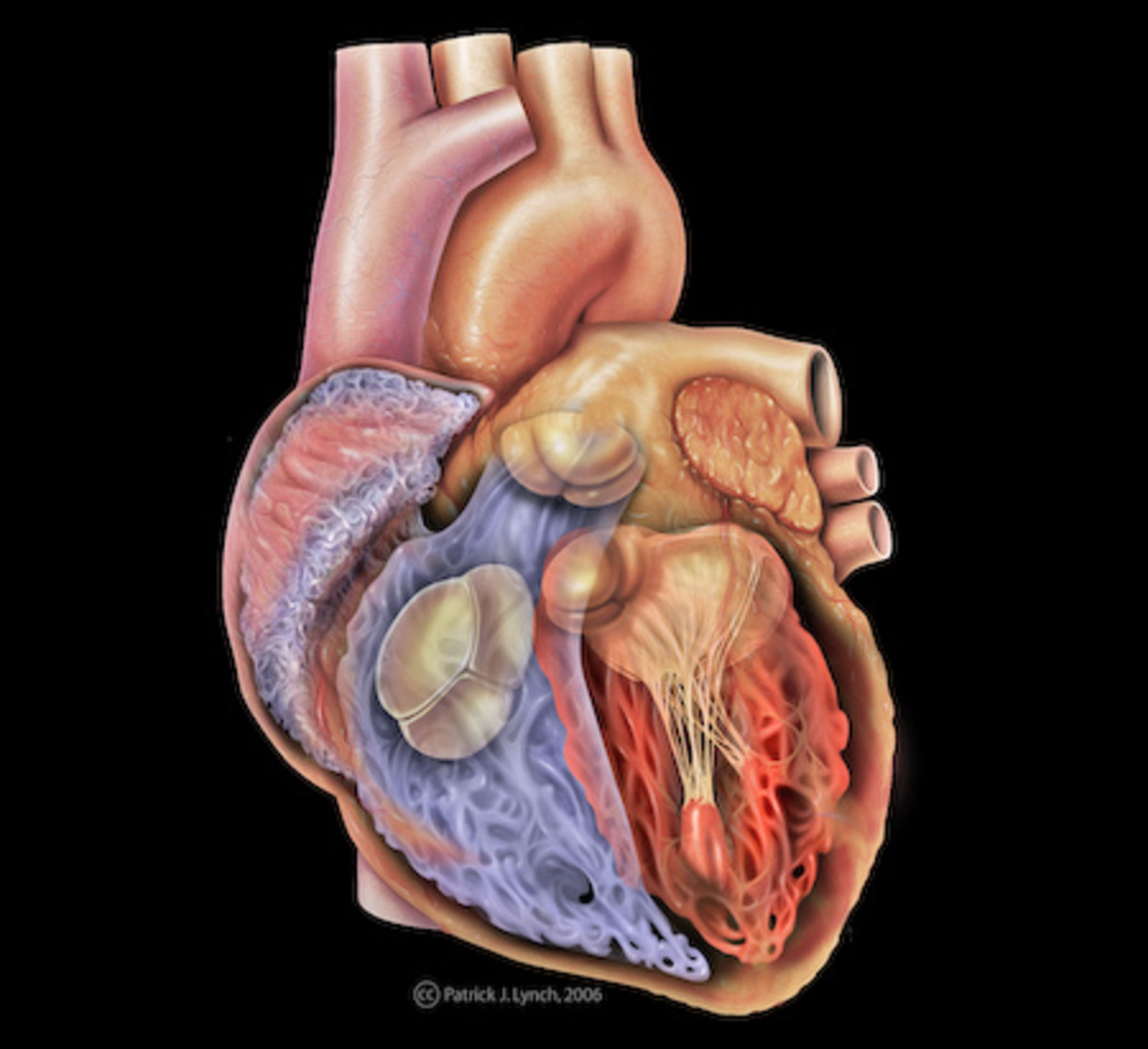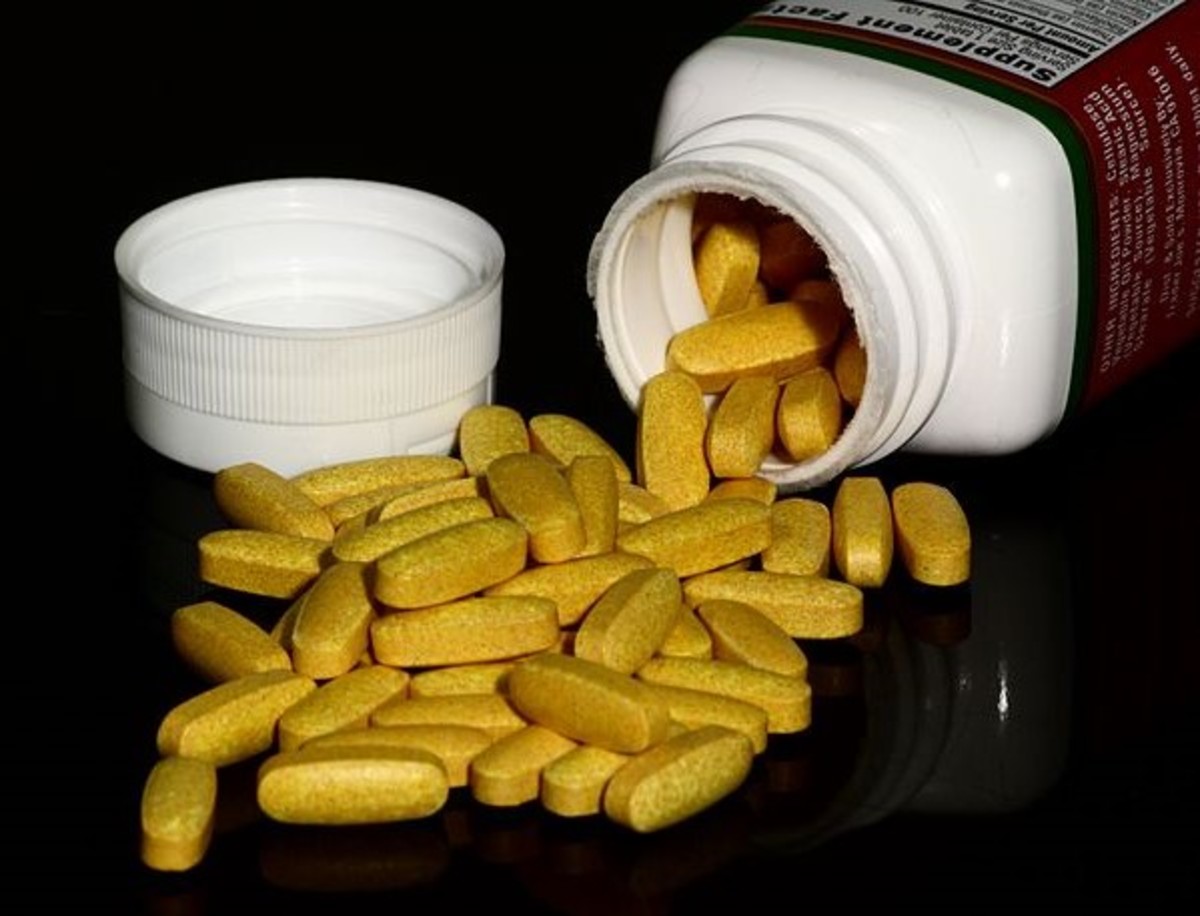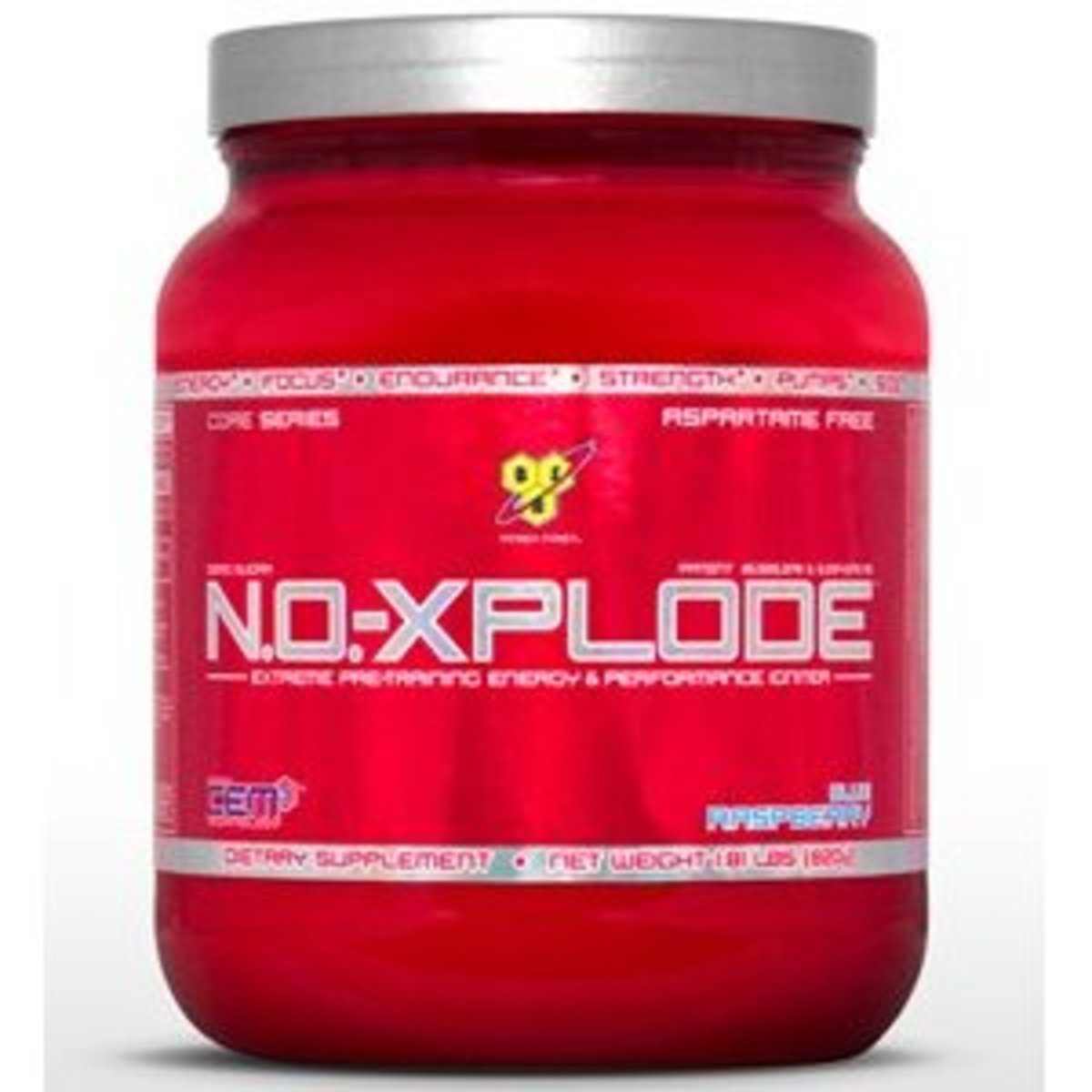Why Should We Take Nutritional Supplements?
As we get older, most of us are in the state of sub-health prematurely. But why do we almost always lose the battle in maintaining good health? How to prevent our health from slipping into bad stage too early?
We all know we should eat healthy. That is true, when you get enough and balanced nutrients from the daily meals, we are all supposed to have very good health. But why do those people who eat healthier than the majority also struggle like the rest of us? What is balanced diet? What is missing?
There is no doubt that healthy diet is the foundation of all the optimal nutrition plans. Good nutritional supplements are designed to complement the needs of healthy eating rather than replace it. But it is no exaggeration to say that no diet can provide as comprehensive and optimized micro-nutrients as those high quality nutritional products.
We were born to be peculiar on certain foods, have various degrees of bad living habits (such as smoking, drinking, stay late or overnight, skip meals); food contamination is present in every corner of our lives, coupled with environmental pollutions and pressure, all these will lead to the root of all diseases, free radicals, to appear in our body in large amount. Scientists have confirmed that free radicals are related to at least over 100 diseases; everyday the cells in our body get attacked as little as 73,000 times by free radicals, calling free radicals "source of hundred diseases" is not an exaggeration. Pressure, solar radiation, air pollution, toxic and contaminated water, foods lack of nutrients, all increase the chances of free radical attack.
Nutritional Supplement Guide Books


Two articles by some Harvard University's researchers were published in the June issue of the American Medical Association Journal in 2002. In its June issue of 2002, the Journal of American Medical Association published two articles written by some researchers from Harvard University. One was "The Role Vitamins Play in Adjuvant Therapy of Adult Chronic Diseases". The conclusion: Intake only slightly higher than the sub-optimal amount of RDA values required by FDA (it is merely the minimum to sustain life, not to get malnutrition diseases such as rickets, scurvy and beriberi) is far not enough or even dangerous for those common chronic diseases, especially for the elderly. Taking lower than optimal amount of supplements such as folic acid, vitamin B6, B12 is not enough to combat cardiovascular diseases, neural tube defects, colon and breast cancer. Lack of vitamin D can cause osteoporosis and bone fracture; lack of antioxidant vitamins (vitamin A, E, C) can lead to several chronic diseases.
Vitamin B Complex
Vitamin B complex is essential to our health and whole grain is one major source, but 86% of B complex gets lost during the modern processing of whole grains. FDA only requires manufacturers to put 10% of the nutrients lost back to the grains and they call it "enriched" products. It can be misleading because people tend to think this kind of products give them better nutrition than what they could get from the original source. Adding all sorts of preservatives to our foods also has great impact our our health. For example, it takes 3 months for an unwrapped Twinkies to get mold!
Many other environmental factors greatly influence our daily life. Watch the video below for more information.
Why Daily Meals Alone Is Not Enough
More and more scientific evidence revealed the important and key roles that the optimal dosage of micro-nutrient supplements have played in maintaining good health and preventing degenerative diseases. This optimal dosage is very difficult to achieve from taking food alone! Talking about individual's food preferences, the amount we eat, seasonal differences and poor diet are already some of the unfavorable factors, not to mention years of environmental changes, poor soils spoiled by unreasonable farming methods are no longer able to fully provide plants their needed nutrients and trace minerals. Today, all the crops have much shorter growing season, yet transportation and storage time has become quite long, poor nutrition in foods due to heavy use of pesticides, chemical fertilizers, over-processing of foods and many other modernization drawbacks; attraction of fast food makes the situation even worse, not even the basic RDA can be guaranteed after all.
Japanese Ministry of Health (equivalent to the Taiwan Department of Health) did a representative experiment in 1950 when a group of researchers in Chiba prefecture of Japan used 100 grams of spinach as the raw material, and extracted 150 mg of vitamin C. Yet in 1995, another group of researchers took the same amount of spinach from the same area, but the amount of vitamin C extracted from the spinach was merely 13 mg! Today we have to consume 28 lbs. of spinach each day in order to reach the minimum intake of vitamin E!
The obvious fact is that it is impossible to get the optimal nutrients from only taking 3 meals everyday. To get the minimum vitamin C intake of 1300 mg, everyday we must eat 16 medium sized fresh tree ripe apples or 8-10 citrus of same conditions. How many of us can really do that?









